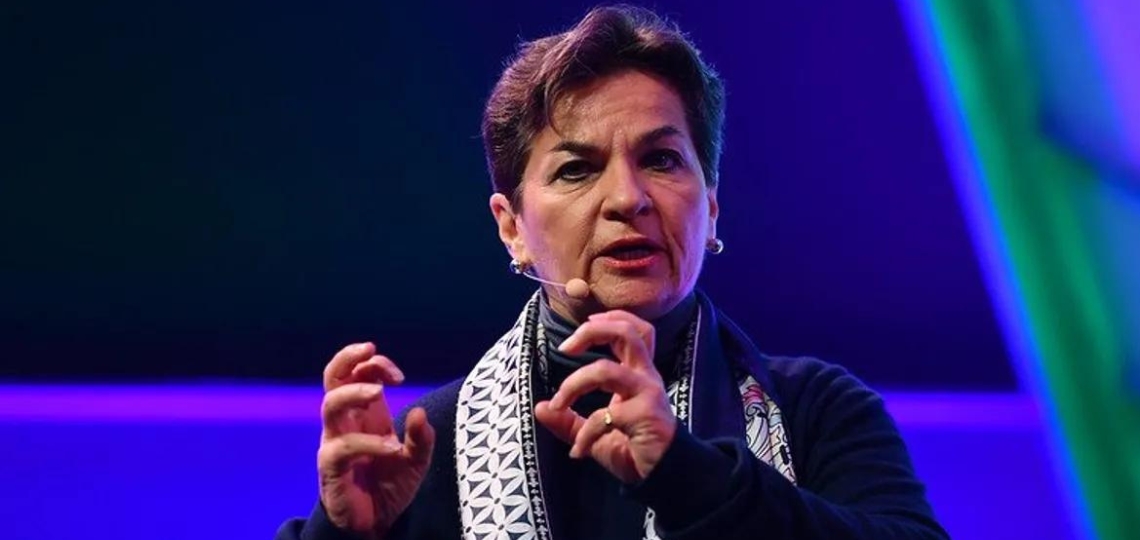The fight against global warming reaches a decisive turning point with the opening of COP28 in Dubai. Christiana Figueres, an influential voice in climate negotiations and key player in the 2015 Paris Agreement, shares her perspectives and disappointments regarding the role of fossil industries in this fight.
Perspective evolution
Long an advocate of including the coal, oil and gas industries in climate negotiations, Figueres marks a significant U-turn. She deplores the use of windfall profits from the fossil fuel industries for dividends and lobbying, instead of investing in renewable energies. This change in attitude reflects a growing disillusionment with these industries’ approach to climate change.
Fossil Transparency and Influence
Figueres also raises concerns about the transparency and influence of the fossil fuel industries on COP28, especially with Sultan Al Jaber, both COP president and head of a major oil and gas company. These potential conflicts of interest call into question the integrity of the climate negotiations.
Reactions to the BBC’s allegations
Reacting to BBC reports on the alleged use of COP28 by the United Arab Emirates to promote oil deals, Figueres expresses her concern. These actions, if confirmed, could constitute a major breach of the COP Presidency’s responsibilities.
Dynamics of Climate Negotiations
Despite these challenges, Figueres finds optimism in the rise of renewable energies and electric vehicles. It does, however, underline the urgency of the climate situation, with the world dangerously close to the 1.5°C limit set by the Paris agreements.
The former UN official insists on the need to step up climate action and criticizes fossil fuel subsidies. It calls for a drastic reduction in emissions by 2030, and warns of the disastrous consequences of failing to meet this target.
Against a backdrop of crucial negotiations, Christiana Figueres highlights the issues and disappointments surrounding the role of fossil fuel industries in the fight against climate change. His message is a call for stronger, more coherent action to protect our planet.






